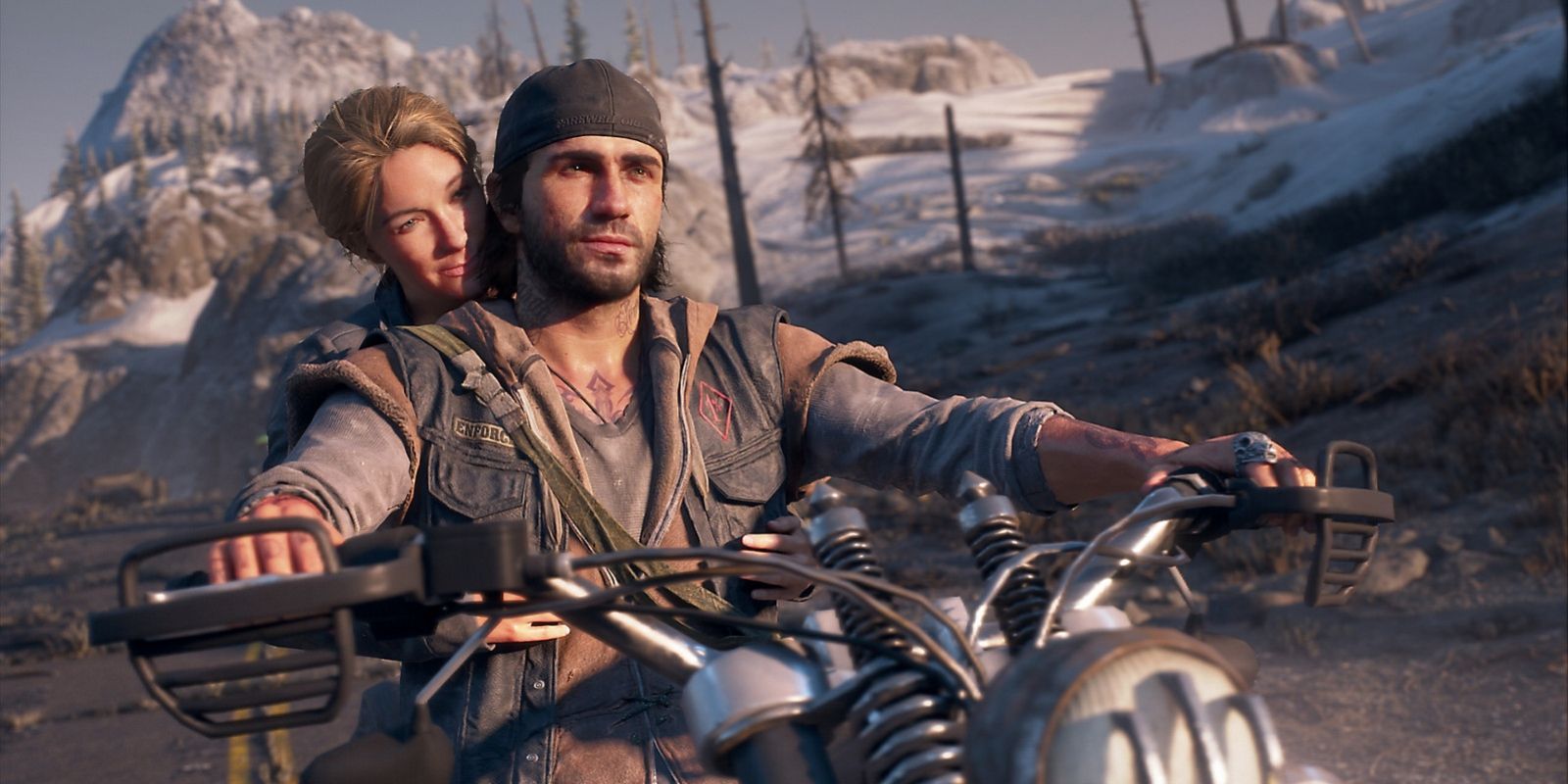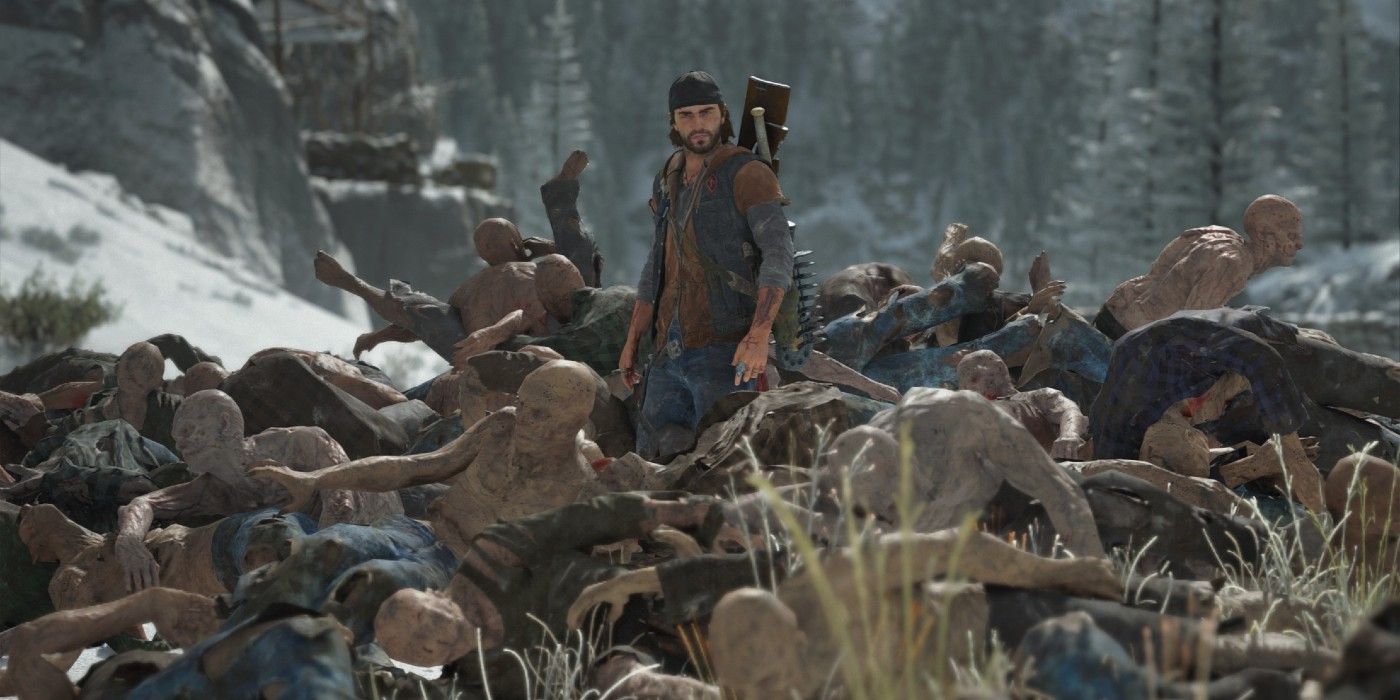
Plans for a Days Gone sequel have been rejected, but that’s not to say the game doesn’t deserve one. The zombie game’s commercial success worldwide proves it has an audience and, with the experience Bend Studio gained throughout its development, a sequel could very well fulfill the original’s promise on PlayStation 5 if given the chance.
Unfortunately for the developers, publisher Sony did not agree. The game’s mixed reviews and long development cycle made them uneasy with greenlighting a second installment. Instead of working on a follow-up, Bend's development teams were assigned to various Naughty Dog titles. It was only after high-level staff departed and others expressed a fear of being absorbed into their new supervisors that the company’s people were released to develop an original title. Given their hopes that this project will become part of a new franchise, it seems unlikely to be the Days Gone sequel they wanted to make.

Technically, there's no denying how impressive Days Gone was. Even by modern open-world standards, it had a massive setting to explore and enough narrative confidence to explore subjects as difficult as depression. The game's bike is a fantastic method of transportation and the amount of time players spend upgrading, refueling and maintaining it reinforces just how valuable such vehicles would really be in the end times, contributing to the atmosphere of scarcity and desperation that has fallen over the ruined Oregon. On top of this, the game has a bigger emphasis on traps, stealth and tactical play than its competitors, which all gel nicely with the game's rural setting.
The problem was that, for everything it does right, Days Gone was a post-apocalyptic zombie game released at the end of a decade flooded with games, movies and TV shows about the living dead, survivors of some global catastrophe or both. While the game's Freaker Virus results in a wide variety of enemy types, from withered humans to infected birds, they aren't the most visually interesting of threats. Compared to the fungus-afflicted foes in The Last of Us or the more grotesquely-proportioned opponents in Left 4 Dead, the Freakers just don't have much of a recognizable identity. A sequel could potentially fix this, revamping the enemies' art design to make them distinct and add a bit of character to the player’s contenders, as could a tighter game loop. The Freaker Virus has already been established to affect animals, so why stop at birds, bears and wolves? Oregon is home to scorpions, lampreys and even snapping turtles. Putting a greater emphasis on how the region's native animals have been mutated, rather than making players fight repetitive human zombies, and rewarding players for learning and reacting to how the infection has corrupted them could very well help a sequel stand out from its competitors without betraying its routes.
That being said, returning to a world ravaged by infection after the year that was 2020 might not be the best move Bend could make. There are also the inevitable comparisons to games like The Last of Us. Given their history with Naughty Dog, it's quite possible the studio would prefer to differentiate itself from the larger company. Moving on to a new IP would give them the chance to do just that. Perhaps Days Gone doesn't need a sequel so much as a successor, a game that takes to heart all the lessons learned throughout its predecessor's development to be something much better. Perhaps, by leaving the end times, Bend Studio will have a chance to set the next generation's trend instead of simply chasing a dying one. Whatever this new game is, if it is the start of the franchise the last one couldn't launch, it must be something that not only stands out but is worth returning to.
0 Comments